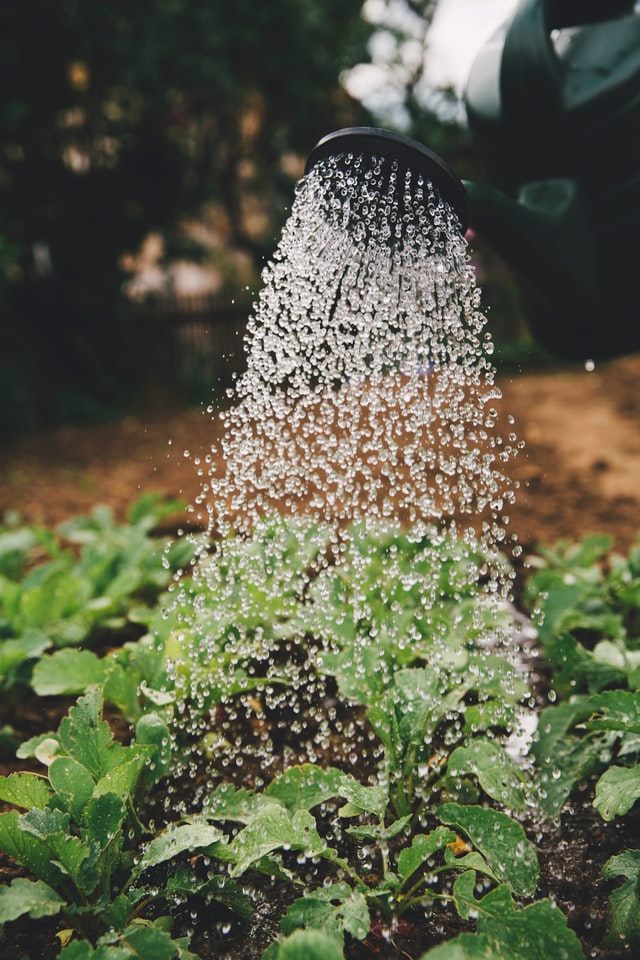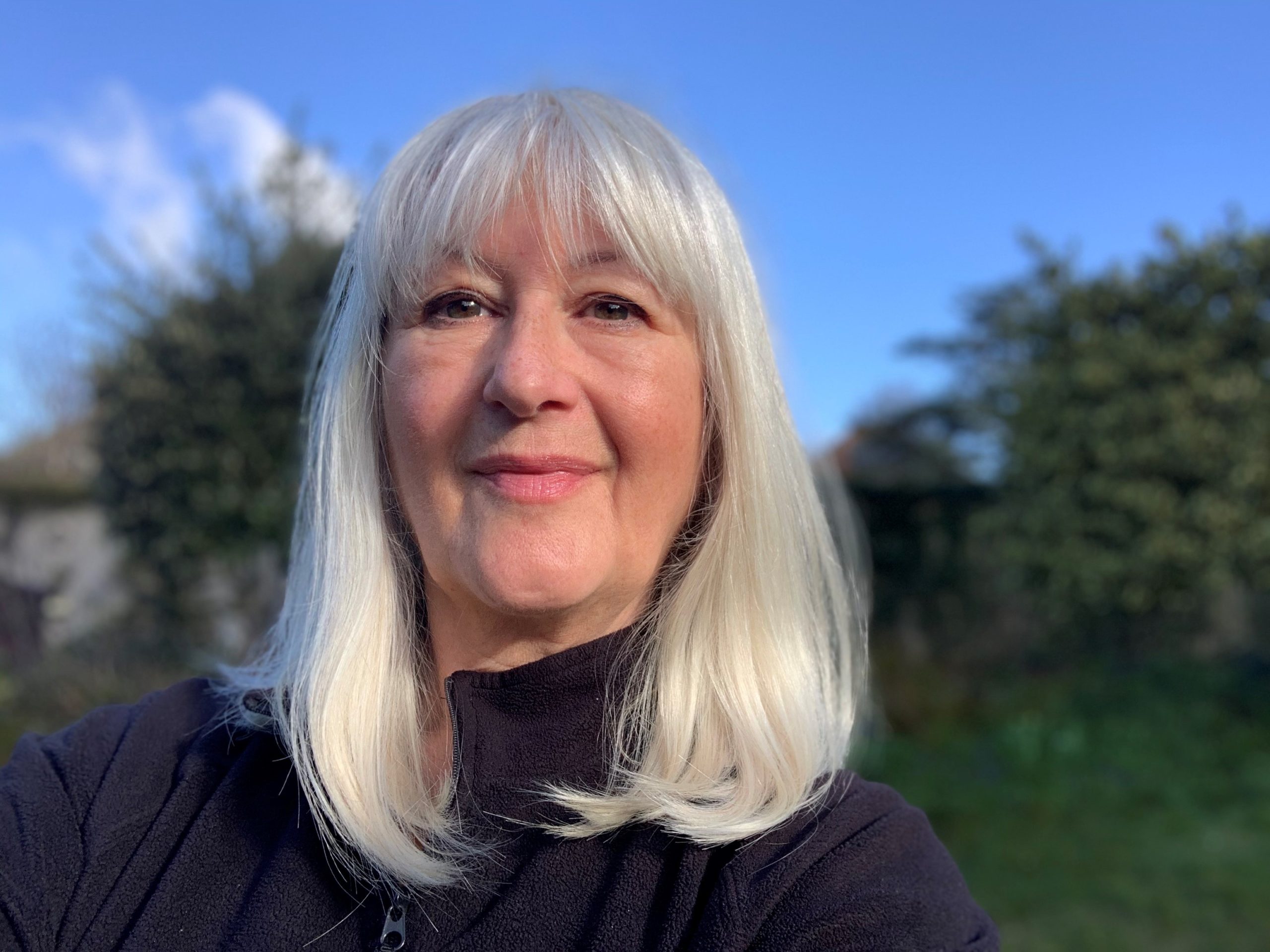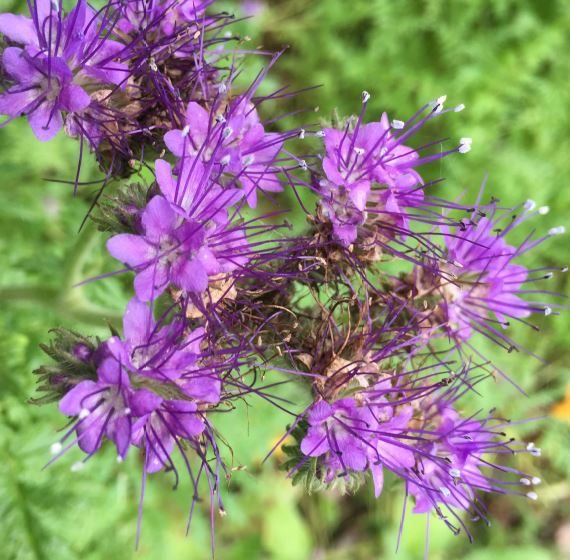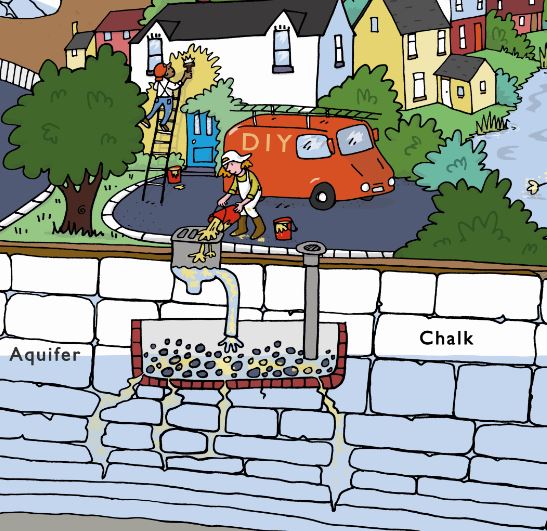That’s the message from The Aquifer Partnership (TAP), which is offering simple ways for residents, gardeners, community organisations and businesses to help safeguard the chalk aquifer of the South Downs that supplies water to over 1.2m people and is under increasing threat from climate change.
The advice comes ahead of World Water Day on 22 March – which this year explores the theme of what water means to people.
Previously known as the Chalk Management Partnership, or ChaMP, TAP was re-launched exactly a year ago as a five-year £500,000 project to protect groundwater in the Brighton Chalk Block from pollution, and to increase resilience to climate change. Led by a partnership between the South Downs National Park Authority, Brighton & Hove City Council, Southern Water, and the Environment Agency, the programme is working with residents, farmers, landowners, and schools across the Brighton, Hove and Lewes area to safeguard our drinking water.
In the past year, the TAP team has had a big focus on engaging young people about the importance of the aquifer, and have produced a series of eye-catching and quirky illustrations and films to bring the topic to life – including making an “edible aquifer” out of marshmallows and chocolate.







 Chrome
Chrome
 FireFox
FireFox
 Edge
Edge